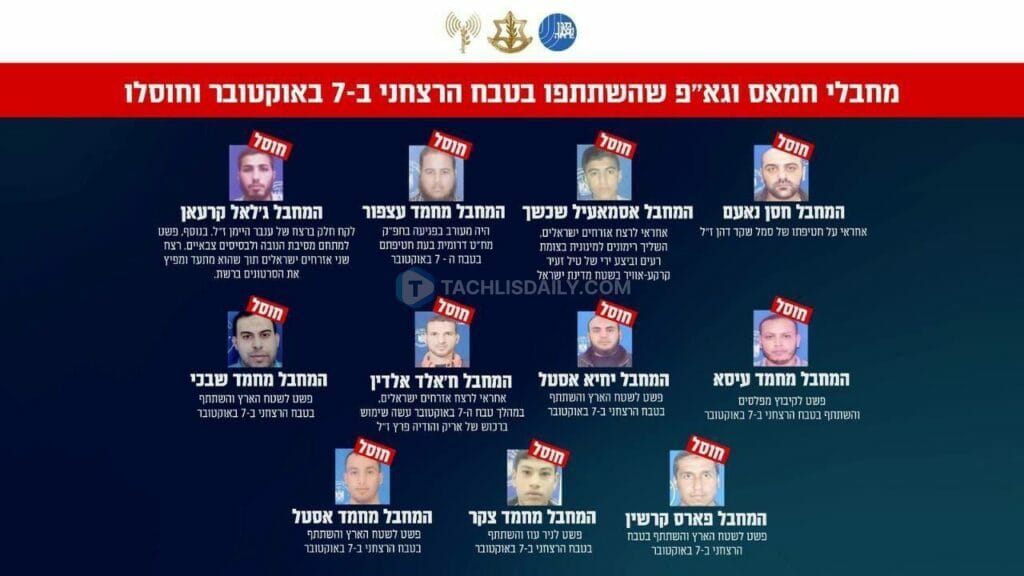The United States would like to see a ceasefire in Gaza, an easing of tensions along the Israel-Lebanon border and a cessation of Houthi aggression in the Red Sea area, said Pentagon Press Secretary Air Force Maj. Gen. Pat Ryder, who spoke to the media today.
The U.S. is working hard to obtain a ceasefire in Gaza, he said, which would allow humanitarian aid to flow in.
“This war is undoubtedly tragic. Way too many civilians have died. It’s heartbreaking to see the images that we see,” Ryder said.
The U.S. has been very clear, both privately and publicly, to its Israeli partners on the need to mitigate civilian harm in Gaza, the general said. “We know that they need to do more on this front, and we’re going to continue to communicate that to them.”
However, Hamas bears some responsibility for loss of life as they continue to embed among the civilian population, he said.
There is an urgent need for humanitarian assistance for the people of Gaza. The Defense Department will continue to support the U.S. Agency for International Development, which is the lead for the U.S.’s work with the international community, he said.
Regarding the Joint Logistics Over-the-Shore temporary pier, which had been used to provide humanitarian support for Gaza, it remains in Ashdod, Israel, he said.
A potential re-anchoring date has not been set. The pier has always been intended as a temporary solution, and it will conclude its mission soon although no date has been set, the general said.
On the Israel-Lebanon border, a diplomatic solution remains possible, he said. Thus far, there hasn’t been a wider regional conflict, although tensions do remain.
“We continue to stay in constant communication with Lebanon, Israel and others in the region, to ensure that this does not become a broader conflict. Of course, the concern here is the risk of miscalculation, which could spark a wider conflict that no one wants,” Ryder said.
Houthi aggression continues in the Red Sea area and that impacts the lives of innocent mariners and freedom of navigation, he said.
In the past 24 hours, U.S. Central Command forces successfully destroyed five Iranian-backed Houthi uncrewed aerial vehicles, or UAVs — three over the Red Sea and two over Houthi-controlled areas of Yemen, according to a Centcom statement yesterday.
It was determined these UAVs presented an imminent threat to U.S., coalition forces and merchant vessels in the region. These actions were taken to protect freedom of navigation and make international waters safer and more secure, the statement said.
Additionally, Iranian-backed Houthis launched multiple attacks against the MT Bentley I, a Panama-flagged, Israel-owned, Monaco-operated tanker vessel in the Red Sea carrying vegetable oil from Russia to China. Iranian-backed Houthis used three surface vessels in this attack, one uncrewed surface vessel and two small boats. No damage or injuries have been reported at this time, according to Centcom’s statement.
Later, Iranian-backed Houthis launched an antiship ballistic missile from a Houthi-controlled area of Yemen, over the Red Sea toward the MT Bentley I. No damage or injuries have been reported at this time, said the statement.
Separately, Iranian-backed Houthis attacked the MT Chios Lion, a Liberian-flagged, Marshall Islands-owned, Greek-operated crude oil tanker with a USV in the Red Sea. The USV caused damage, but the MT Chios Lion has not requested assistance. No injuries have been reported at this time, said the statement.
This continued reckless behavior by the Iranian-backed Houthis threatens regional stability and endangers the lives of mariners across the Red Sea and Gulf of Aden. The Houthis claim to be acting on behalf of Palestinians in Gaza and yet they are targeting and threatening the lives of citizens from a third country who have nothing to do with the conflict in Gaza.
Centcom will continue to act with partners to hold the Houthis accountable and degrade their military capabilities, said the statement.











